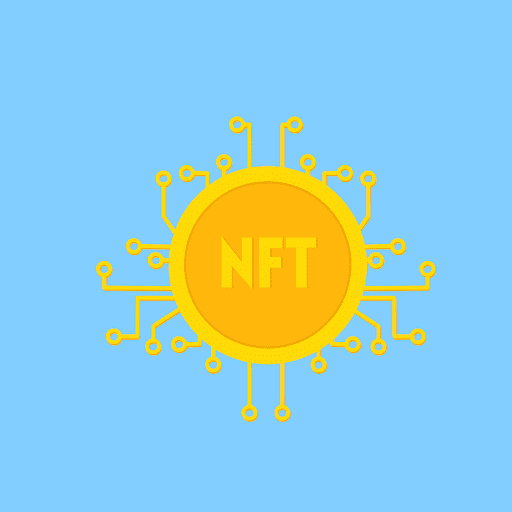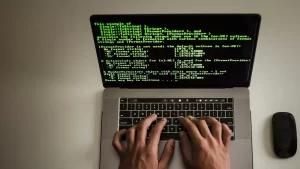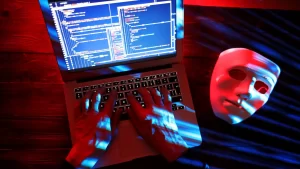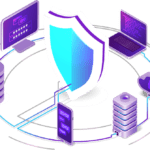
NFT stands for non-fungible token and it’s a unit of data stored in a blockchain that certifies that a digital file is unique. For comparison let’s look at another popular technology that uses the blockchain, like bitcoin. Bitcoin is fungible, this simply means that no single bitcoin is distinctly different from the next, the only difference is who owns that bitcoin. However, every NFT is unique. Non-fungible simply means that they cannot be substituted for one another because they are one of a kind.
What are NFTs used for?
NFTs can be used for many things but their primary value comes from the fact that they are unique data files. The biggest application of this so far is the use of digital artwork. For example, a piece by a digital artist Bleeple sold for over $69 million in 2021. NFTs allow for people to buy digital files that are certified to be unique and therefore highly valuable because there is a very limited supply. You can compare it to having an autographed copy of a work or a unique trading card that no one else can own.
Another use case that is currently being considered by Mark Cuban, owner of the Dallas Mavericks is using NFTs as a way of issuing tickets to NBA games.
How are Hackers attacking NFTs?
The biggest example of hackers stealing NFTS is through a platform called Nifty Gateway. Nifty Gateway is an “Exclusive digital art platform” that sells NFTS. Several users have reported that their accounts have been hacked already. One example occurred in March 2021 where attacks were able to transfer purchased NFTs from the original account and purchase new ones to transfer using the payment cards on file. The user cash could be recovered but the NFTs were lost as the attackers sold them to another NFT purchaser located on a different platform. This demonstrates that while the blockchain technology that supports NFTs may be secure the issue is typical with the security of the service provider. Some users reported that even after changing their passwords the hackers weren’t booted off of the account.
How can you secure your NFTs?
Since the biggest attack vector for hackers seems to be account compromise, the best thing you can do to protect yourself would be to enable two-factor authentication on your accounts so that it’s more difficult for the account to be compromised. You should also be mindful of clicking on any third-party links that prompt you to log in to your NFT platform because those could be phishing attacks meant to get you to give up your password.
How to get more free content
If you like this article and would like to read more of our content for cybersecurity insights, tips and tricks feel free to follow us on our social media. If you’re a struggling business owner who needs help in assessing their business’s cybersecurity posture feel free to take advantage of our free introductory assessment and we’ll help you figure out a game plan for keeping your company safe.






